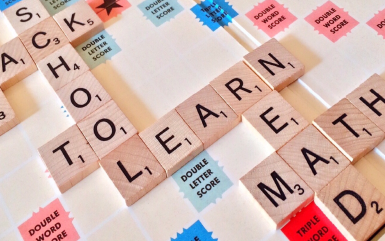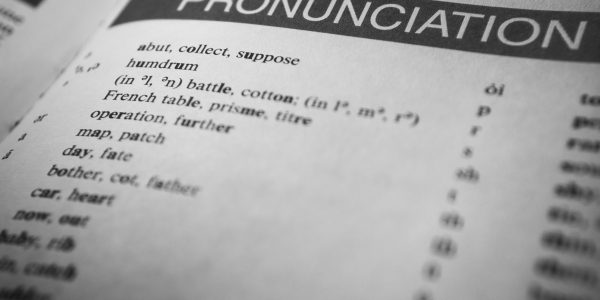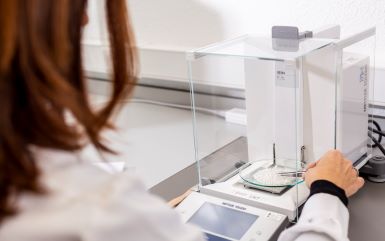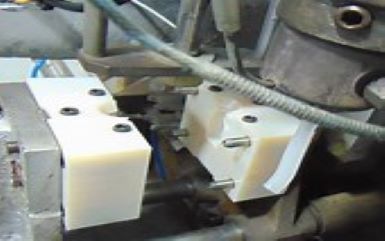Description
Target audience
Unemployed workers in the plastics-chemical sector as a priority
CV Faculty
Mrs. Yolanda Ramón: Industrial Technical Engineer, specializing in Industrial Design from the Polytechnic University of Valencia. Course on advanced design of molds and dies by the Instituto Tecnológico del Plástico de Valencia (AIMPLAS). Mold machining course (DECOM VALENCIA). Course of Pedagogical Aptitude (CAP) by the Polytechnic University of Alicante. He has 6 years of professional experience, performing the functions of design of molds and drawings for production of different companies, then he worked for 10 years as head of technical office in TALLERES LOAVI S.L. (Ibi-Alicante) coordinating the tasks of technical office and workshop. She currently develops and manages projects as a freelancer for different Spanish companies and teaches at AIJU on courses related to the development of molds and dies.
Objectives
– Assemble and adjust (and disassemble) molds, dies and equipment heads on polymer processing and molding machines, identifying the main dimensions of the part to be obtained and reasoning what effects the constitution of the mold or die and the work performed have on these dimensions.
– Describe the safety elements incorporated in a polymer processing and molding facility, the personal protective equipment and the precautions to be taken in first level maintenance operations.
Content
1. Functional analysis of molds, dies and heads for polymer processing.
– Types of molds, dies, heads, spindles and other tooling.
– Identification of the different components of molds, dies, heads, spindles and other tooling.
– Distribution of the cavities in the mold.
– Extraction systems. Special systems for counter-exits.
– Sensors. End of stroke
– Assembly and disassembly of molds and dies
• Games and settings.
– Assembly and disassembly of heads, spindles and other tools.
– Games and settings
– Maintenance and cleaning of molds, dies, heads, spindles and other tools.
2. Feeding, cooling and heating systems for polymer processing
– Power systems. Drinking troughs, troughs and inlets.
– Cooling channels. Configuration and sizing.
– Heating systems (heating elements, oil, etc.)
– Assembly of heating, cooling, feeding and dosing systems.
3. Safety in polymer processing facilities and their first level maintenance.
– Safety conditions in the work environment.
• Physical and chemical risks.
• Electrical hazards.
• Ergonomic and postural risks.
– Mandatory machine guards.
• Royal Decree on machinery.
– Personal protective equipment.
• Types of PPE
• Utilization.
– 5S system of order and cleanliness.
Price
FREE. The training is completely free of charge as it is financed by LABORA. The Training Plan is aimed primarily at employed workers -preferably in the plastics/chemical sector- (working professionals who are registered on the first day of the course in the general Social Security system or as self-employed). Unemployed persons may also participate.
Academic entrance requirements for students
In order to take the training, students must be able to prove that they have at least one of these degrees: 1) Compulsory Secondary Education (ESO) / 2) Certificate of professionalism level 2 / 3) Certificate of professionalism level 1 of the same family and professional area / 4) Fulfill the requirement of access to intermediate level training cycles, or have passed the corresponding entrance exams / 5) Have passed the university entrance exam for people over 25 years old and/or 45 years old / 6) Have accredited key competences level 2.






